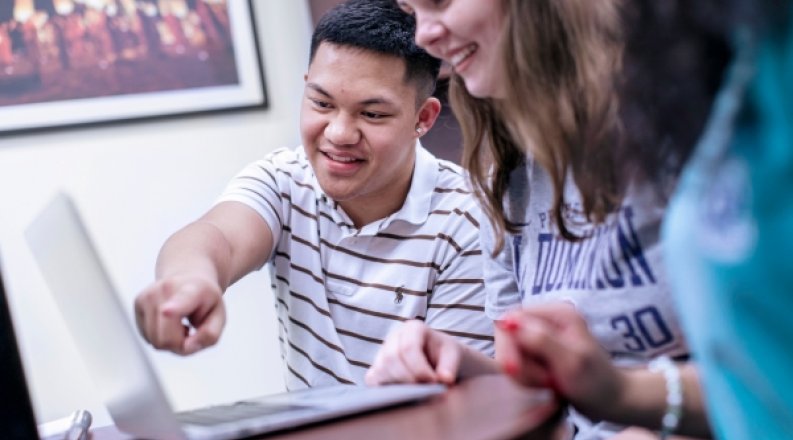by: Heidi Fischer & Kimberley M. Cossey
The COVID-19 pandemic disrupted community college international education programs, prompting some to pivot to virtual international education (VIE). This mixed-methods study explored how community colleges navigated the transition to VIE through a framework of second-order transformational change.
The study presents results of a fall 2020 survey and interviews about community college international education and the effect of the COVID-19 pandemic. Findings point to both successes and challenges in community colleges' transition to VIE. Community college international educators experienced unexpected positive consequences of the pandemic, such as the ability to repurpose unused funds from canceled education abroad programs toward supporting their VIE initiatives. College administrators used flexibility and creative problem-solving skills, and leveraged networks and communities of practice to successfully pivot to diverse portfolios of VIE programs.
VIE administrators faced challenges regarding technology barriers, the amount of time and effort needed to cultivate partnerships, and the potential for faculty burnout due to additional responsibilities assumed during the pandemic. Findings also indicate that sustaining VIE initiatives will require second-order change and that community colleges, as flexible institutions, are well-positioned to capitalize on the advantages of VIE.
Recommendations include continuing to provide community college faculty and administrators with autonomy to explore creative strategies for implementing and sustaining VIEs, investing in additional technological supports, and providing additional faculty supports to increase faculty interest in these programs.



